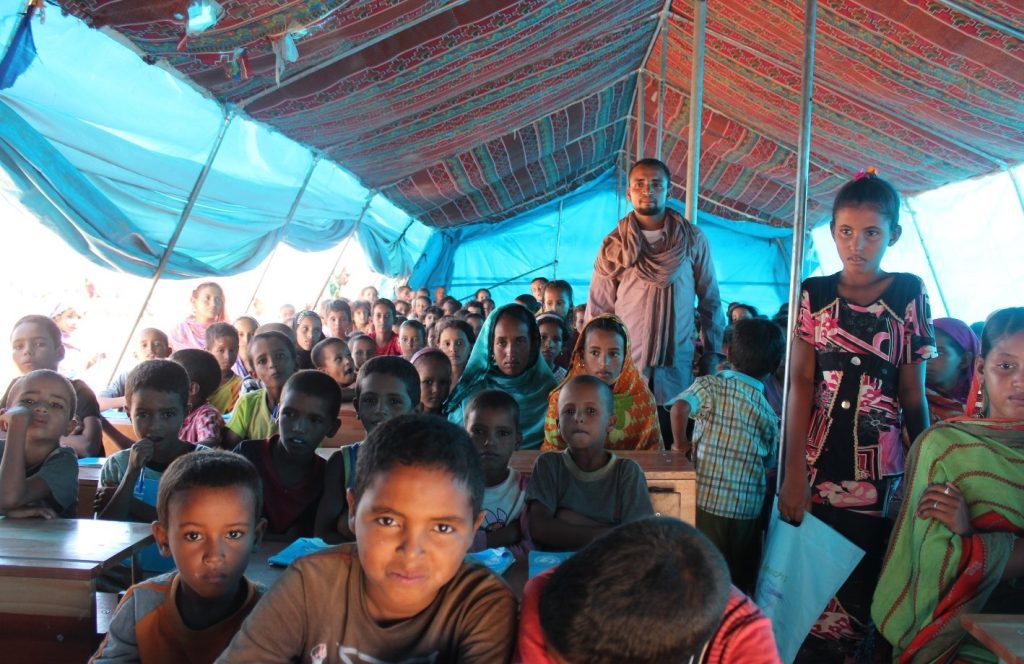
One of the spiritual maladies Christians face today is “compassion fatigue.” The media inundates us with details of war, hunger, poverty and disasters, both natural and human-manufactured, all over the globe. We can’t turn on the television or digital media without being assailed by news stories of another event that cries to us for help, and we are overwhelmed by pleas from worthy charities.
We try to give out of a sense of compassion, but the needs of the world are too much for us. Generous givers become “fatigued” and grow weary. We can’t respond to all the problems and crises in the world, can we?
Of course we can’t respond to the cries of a suffering world with our comparatively meager resources. If we try to respond to every crisis, to say “yes” to every loud or consistent plea for help, it is no surprise that we feel tired and discouraged. Our efforts to respond generously can become scattered and not well thought out, and sometimes our giving becomes motivated by guilt rather than compassion. Eventually, we may stop giving.
Good stewards understand that, though Christ calls them to embrace a needy world with compassion, they cannot solve the world’s problems themselves and that a balance must be struck in their spiritual lives. Christian stewards prayerfully discern how they are able to respond to the needs of the world. They budget their time and resources so that their response can be generous but focused, sacrificial but not overwhelming. They begin with a prayerful commitment to their immediate family of faith. Being generous to one’s faith community can go a long way toward meeting the needs of others. Their response to the diocesan annual appeal and to special collections also makes them part of a larger faith community’s response to the poor and marginalized. For some, this focused generosity may be the extent of their ability to give financially. The decision to give is made prudentially and without guilt. For others, a well thought-out approach to supporting other charitable causes can be part of their stewardship planning as well. But for Christian stewards the giving does not stop there. Good stewards realize that the greatest gift they can give is the gift of prayer. Compassion, in its Latin roots, means “suffering with,” and through prayer we can be drawn powerfully into solidarity with those who suffer.
The Parable of the Good Samaritan in the Gospel of Luke is often seen as Jesus’ example of compassionate giving. The Samaritan saw the man near death lying at the side of the road not just with his eyes, but with a compassionate heart. It is the kind of compassionate heart good stewards seek to cultivate within themselves through prayer, planning and focused generosity; ready to respond, without experiencing fatigue or weariness, to the cries of the world.



